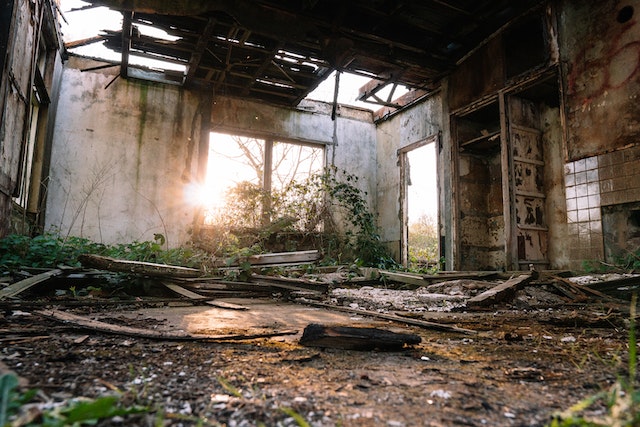At your house or apartment, you may think that if something happens to it, you’re covered by your property insurance policy. Unfortunately, that’s not always the case. There are several things that your policy won’t cover, including floods, earthquakes, and even other people getting hurt on your property! Here are 10 things that your property insurance doesn’t cover—you should know about them in case of an emergency. This way, you can be prepared when disaster strikes!
1) Liability
Your property insurance covers your liability for bodily injury and property damage that you or members of your household cause to other people. It does not cover your liability for business-related activities. If you have a home-based business, you’ll need to purchase a separate business liability policy.
2) Business Income
If your business is unable to operate due to a covered loss, your property insurance policy will help pay for the ongoing expenses of operating your business, such as employee salaries and rent. However, there are some limits to this coverage.
3) Lost Rentals
If you’re a landlord, your property insurance policy likely doesn’t cover lost rent. That means if your tenants have to move out because of a fire or other covered disaster, you’re on the hook for their lost rent.
4) Rental Replacement Costs
If your home is uninhabitable due to a covered disaster, your property insurance will help pay the additional living expenses incurred while your home is being rebuilt. But, there are some things that property insurance doesn’t cover. For example, if you have rented out your home to someone else and it becomes uninhabitable because of a covered disaster, then you may not be able to collect any rent from the renter. So make sure you have adequate renter’s insurance coverage in place so that if an event occurs and their house becomes unlivable they can still live elsewhere without worrying about losing their security deposit or paying high hotel rates!
5) Natural Disasters
Your property insurance likely won’t cover damage caused by a natural disaster. That means if your home is destroyed by a tornado or flooding, you’ll be on your own to rebuild or find a new place to live. Natural disasters can also cause major damage to your personal belongings, and most policies have limits on how much they’ll pay out for these items. If you live in an area that’s prone to natural disasters, it’s important to know what your policy covers and doesn’t cover so you can be prepared financially.
6) Terrorist Attacks
Terrorist attacks are not covered by standard property insurance policies. If you live in an area that is considered high-risk for terrorist activity, you may need to purchase a separate policy. Even then, there are usually limits on coverage. Additionally, most policies exclude damage from nuclear accidents, war, and riots.
7) Sewer Backup/Sump Pump Failure
You’re probably familiar with the basics of property insurance, but there are some things that are not typically covered. For example, most policies won’t cover damage caused by a sewer backup or sump pump failure. If you have an older home and don’t have these features installed in your basement, it’s worth looking into them as they can help prevent damages from occurring. Another thing to note is that if you have any types of water damage or floods outside on your property (i.e., weather-related), it may not be covered either since this is considered an act of God.
8) Windstorm
While property insurance covers most types of damage, there are some perils that are typically excluded. One of these is windstorm damage. Windstorms can cause all sorts of damage to your home, from broken windows to toppled trees. If you live in an area that’s prone to severe weather, it’s important to know what your policy covers and what it doesn’t.
9) Water Damage
Water damage is one of the most common causes of property damage, but it’s also one of the most misunderstood. Many people think that their property insurance will cover any water damage that occurs, but that’s not always the case. Your policy may exclude coverage for damages caused by water coming from plumbing or appliances, meaning you’ll have to pay for repairs yourself if your kitchen or bathroom pipes burst.
10) Tornadoes
Tornadoes are one of the most destructive forces of nature. They can level houses, topple trees, and uproot power lines. If you live in an area that is prone to tornadoes, it’s important to know what your property insurance does and does not cover in the event of a tornado. The general rule is that if a tornado touches down on or near your property (even if it’s only for a moment), then you’re eligible for coverage. However, if a tornado touches down more than 50 miles away from your house, then there’s no coverage for damage caused by flying debris or high winds. It may be worth checking with your insurance company about this before purchasing a policy so you don’t find yourself in this position when disaster strikes!
